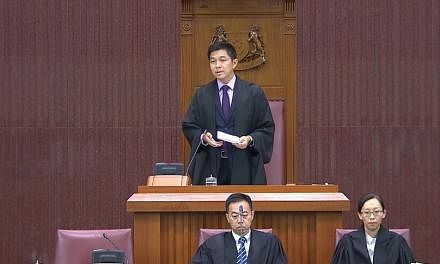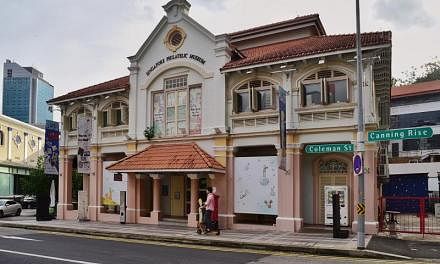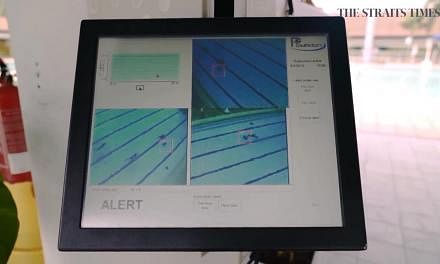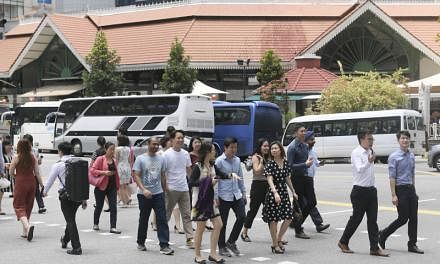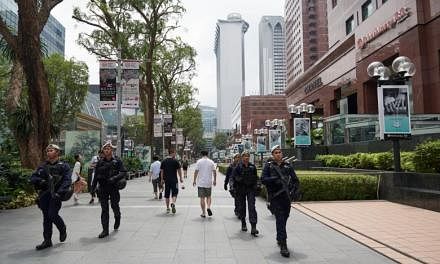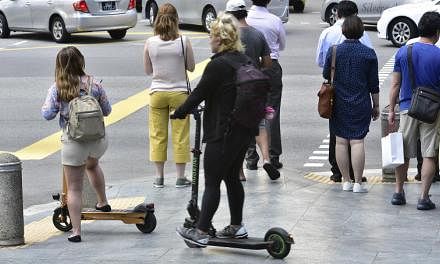SINGAPORE - More progress will be made to cement Singapore's position as a regional node of technology, innovation and enterprise, Finance Minister Heng Swee Keat said on Monday (Feb 18).
And to cement Singapore's position as "Asia 101" for global MNCs looking to expand into Asia's growing markets, and as "Global 101" for Asian companies ready to go global, there will be efforts to invest in several areas, Mr Heng said.
These include investments in research and innovation by universities, research institutes and Singapore firms.
These investments will come in the form of new Centres of Innovation at local institutes of higher learning and research institutes.
Enterprise Singapore will set up two centres: a Centre of Innovation in Aquaculture (marine farming) at Temasek Polytechnic, and a Centre of Innovation in Energy at Nanyang Technological University (NTU).
The aquaculture centre will bring together high-tech marine farms in Singapore, to improve the country's food resilience.
And the energy centre at NTU will work with the Sustainable Energy Association of Singapore, to drive industry-led innovation in the areas of energy efficiency, renewable energy and electric mobility.
More details on these new centres will be revealed at the Research, Innovation and Enterprise Council meeting next month.
"We will continue to invest in R&D to support the push to make innovation pervasive," said Mr Heng on Singapore's investments in universities and research institutes.
These investments are bearing fruit, he said - the National University of Singapore and the NTU are "ranked the best in Asia", with their researchers being well-regarded globally.
Mr Heng also lauded the Agency for Science, Technology and Research on its work to translate research into innovation, in partnerships with industries.
"But for R&D to make an impact, companies must take the lead," said Mr Heng, citing technological advancements in the previously low-tech and labour-intensive construction and food sectors.
The construction sector, Mr Heng said, is now tapping Building Information Modelling, a tool that allows architects, engineers, contractors and facility managers to share information and collaborate. This raises productivity, and creates high-value jobs in 3-D modelling, data analysis, and computation.
With digital technologies connecting different players working on the same project, site productivity has improved by about 15 per cent over the last eight years, Mr Heng said.


